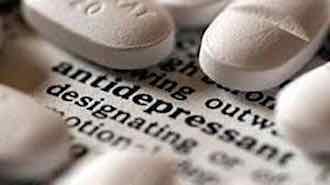In July of 2011, the FDA issued a warning linking Chantix to an increase in the rate of heart attacks in patients with stable cardiovascular disease. That same month a meta-analysis published in the
Canadian Medical Association Journal by Doctor Sonal Singh and his colleagues revealed that in smokers without a history of cardiovascular disease, Chantix was associated with a 72% increase in the relative risk of serious cardiovascular events, including ischemia, arrhythmia, congestive heart failure, sudden death, and cardiovascular-related death. Cardiovascular disease is an important cause of morbidity and mortality among smokers, and quitting smoking is widely supposed to reduce this risk, but in this case the data were going the other way.
- Thursday, December 10, 2015







